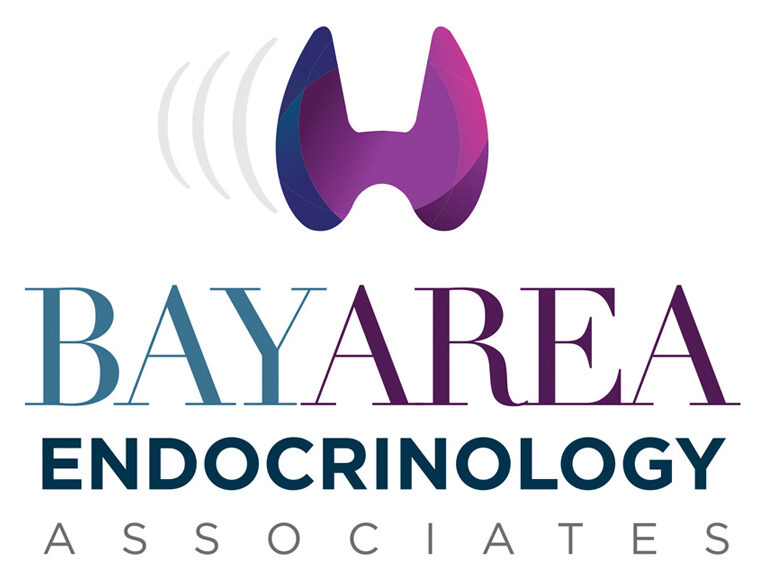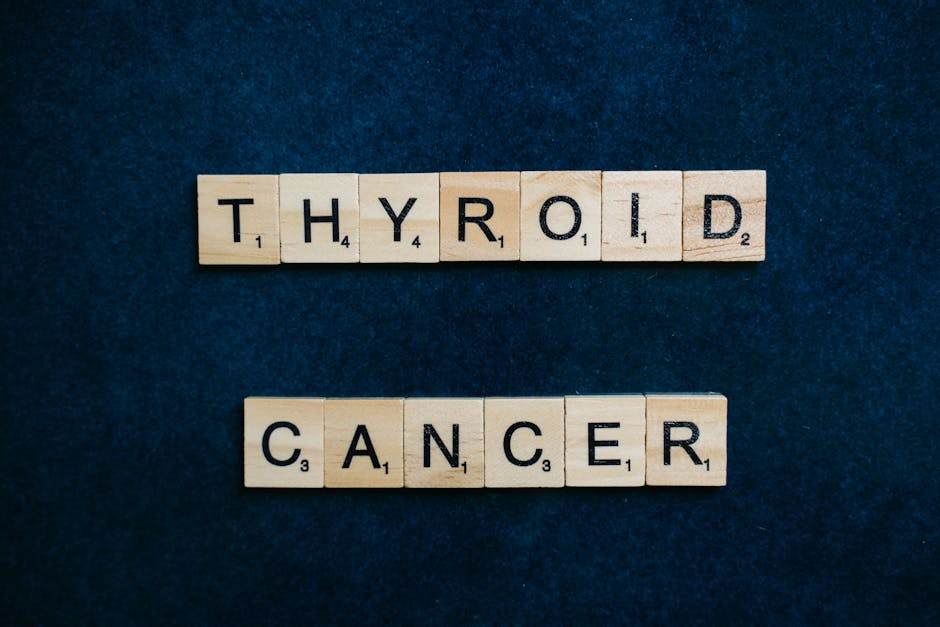When the thyroid gland malfunctions, expert medical care and treatment are required to identify the exact problem, restore normal function and alleviate symptoms. This often involves the use of replacement therapy for certain hormones produced by the thyroid gland. There is a great deal of controversy regarding the use of natural hormone replacement products as compared to synthetic pharmaceutical ones. This article will discuss thyroid function, its hormones and whether natural thyroid hormone is superior to synthetic versions.
In a clever ploy, the advertising industry often tries to convey that a natural item or substance is fundamentally better than its synthetic counterpart. In some cases, this may be true. An apple is certainly more healthful than an apple fritter, which is full of refined sugar, artificial preservatives, empty calories and unhealthy fats. However, this comparison is often not valid for substances naturally produced by the human body for the human body. Hormones are very specific substances produced by the body to direct important processes necessary for life. For example, insulin is a hormone that allows blood sugar to enter cells, where it is needed for energy.
Thyroid Function and Hormones
The thyroid produces hormones, too. It’s a butterfly-shaped organ located in the frontal neck area. It requires the mineral, iodine, to function normally. Iodine can be hard to obtain from diet alone, unless you consume a lot of seafood and kelp. That’s why table salt is often iodized. This helps to provide dietary iodine. A deficiency of iodine can cause a thyroid condition called goiter, in which the gland becomes so enlarged that it visually protrudes out from the neck.
The thyroid produces two main hormones, triiodothyronine, called T3, and thyroxine, called T4. These hormones affect the entire body, including such functions as:
- Metabolism
- Heartbeat
- Body temperature
- Intestinal function
- Muscle function
- Directing the replacement of new cells
When the thyroid produces too little hormone, it’s called hypothyroidism. When it produces too much, it’s called hyperthyroidism. This article will focus on hypothyroidism. In this condition, replacement of the thyroid hormone, thyroxin, is necessary.
The thyroid doesn’t produce hormones on its own. Two structures in the brain, the hypothalamus and the pituitary, monitor hormone levels in the blood and tell the thyroid to produce more or less hormone, whichever is needed to maintain optimal levels for health. The medication prescribed to treat hypothyroidism is called levothyroxine. It’s the generic name for many brand names. It’s the synthetic version of the body’s own thyroxine, or T4. When the thyroid doesn’t produce enough thyroxine, symptoms can include:
- Fatigue
- Weight gain
- Difficulty thinking clearly
- Feeling cold
- Muscle cramps and weakness
- Depression
Problems with Natural Thyroid Preparations
Before prescribing any kind of thyroid hormone, your doctor must first do a thorough analysis of the hormone levels present in your bloodstream. This is the only way to determine how severe your deficiency is, or if one even exists at all. From there, your doctor can prescribe the correct strength of levothyroxine to restore your hormone levels to a normal range. Taking too much thyroid hormone, whether from a natural or synthetic source, can be dangerous. What is called a natural thyroid supplement is actually the dried, powdered thyroid glands obtained from animals, usually pigs. These preparations have several problems:
- They are not purified to a single active ingredient
- They contain proteins and other substances not natural to humans
- They are not precisely calibrated for dose or comparison to human thyroxine
- They are associated with a higher incidence of heart dysfunctions
There is also a great difference in the ratio of T3 to T4 produced in pigs when compared to humans. The ratio in pigs is 4:1. In humans, it is 14:1. Far from being natural, this vast difference in the ratio of thyroid hormone production in pigs and humans is concerning, to say the least. Pharmaceutical levothyroxine is exactly the same as the hormone thyroxine as produced by the human body. Moreover, it comes in many strengths, allowing your doctor to adjust your hormone levels very precisely and as needed. There is no guesswork. At Bay Area Endocrinology Associates, we are experts in the treatment of any kind of disorder of the thyroid.
Thyroid preparations from pigs are only very approximately comparable in dosage to pharmaceutical levothyroxine. When dealing with very delicate hormone levels and balances, this really isn’t good enough in most cases. However, here at Bay Area Endocrinology, we understand that some patients may prefer this natural thyroid supplement to levothyroxine. While we don’t condone thyroid preparations obtained from pigs, we also always listen to our patients. We don’t profess to know everything. We know that not all patients will respond the same way to any given therapy, so we are always open to patient suggestions regarding their own care. If you think you may have thyroid problems, you may need to see a Tampa thyroid doctor.
Bay Area Endocrinology Associates
We offer treatment services for many metabolic conditions, including diabetes. We have a medical weight loss program for obesity, and we also do corrective hormone therapy for Low T, or low testosterone levels in men. We have several convenient locations in Tampa. We always warmly welcome new patients.







